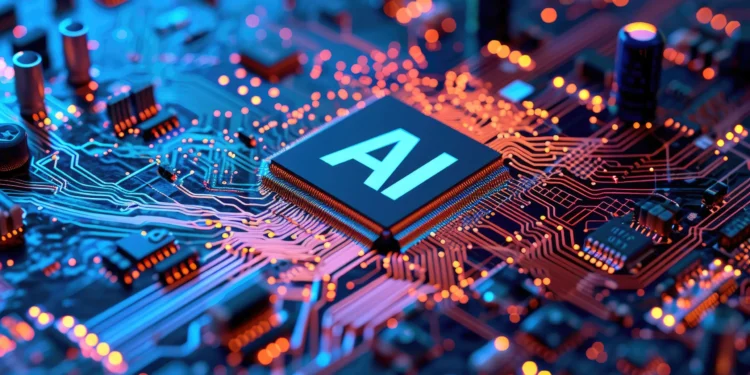The world of job hunting is evolving at lightning speed, and artificial intelligence (AI) is at the forefront of this shift. Gone are the days when a hiring manager would sift through stacks of resumes manually. Now, AI tools are increasingly stepping in to streamline the hiring process, but what does this mean for job seekers? Could AI be scanning your resume before a human even lays eyes on it? Let’s break down what you need to know.
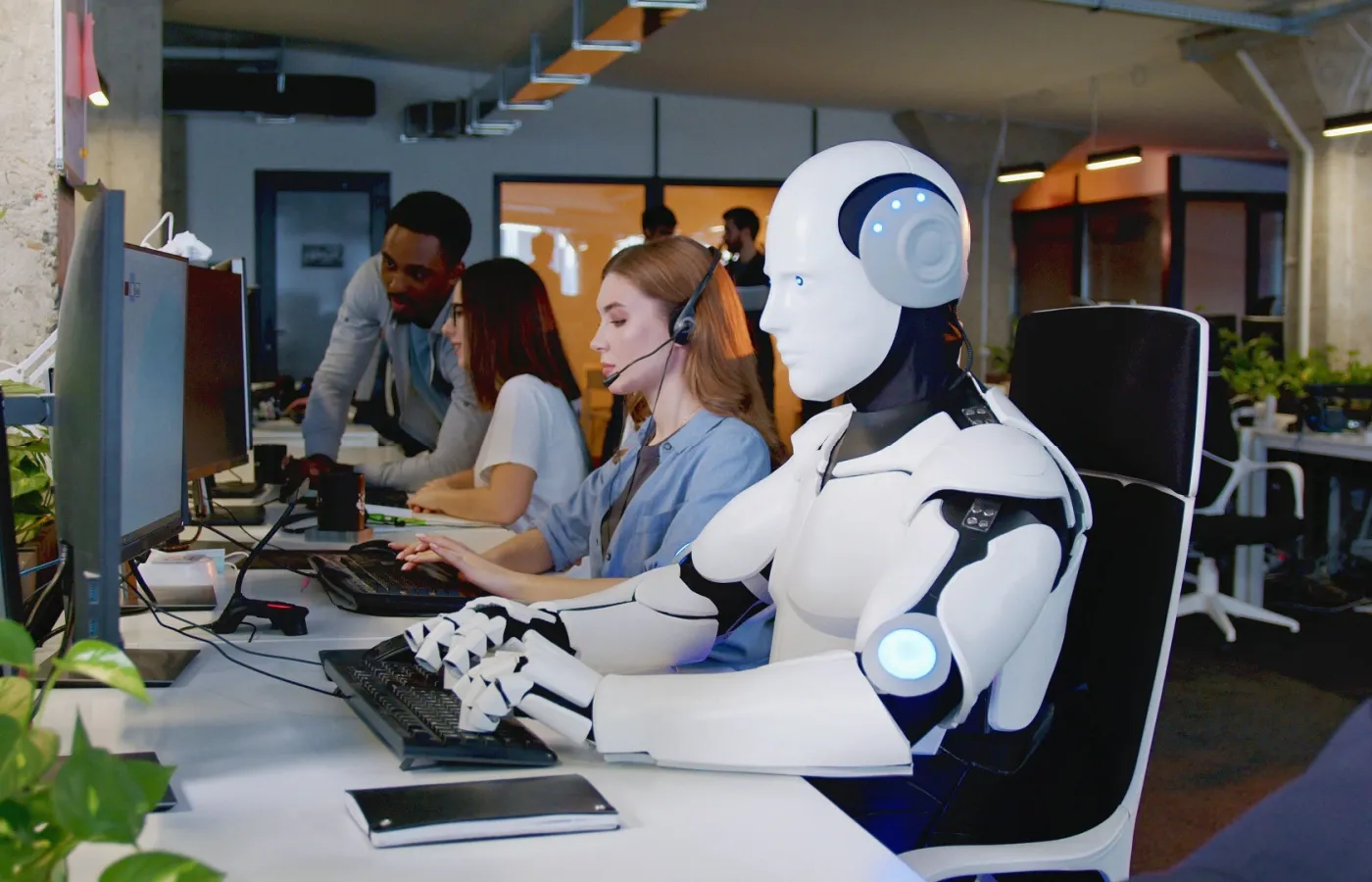
AI-Powered Resume Screening: A Game Changer for Employers and Job Seekers
According to data from Resume Genius, nearly half of hiring managers—48% to be exact—are using AI to screen resumes and applications. With thousands of applicants for a single position, companies are turning to AI tools to save time and ensure that they don’t miss out on top talent. The AI recruitment sector is growing rapidly, with a predicted compound annual growth rate of 6.1% between 2023 and 2030, as per the Society for Human Resources Management.
For many job seekers, the idea of their resume being filtered through an AI system before it ever reaches a human recruiter might be daunting. But experts suggest that AI could actually level the playing field. Madeline Laurano, Chief Analyst at Aptitude Research, explains that AI is designed to look at resumes holistically, going beyond the simple keyword match. “AI providers take a skills-based approach,” Laurano says. “We’re not using keywords on a resume. We want to be able to create more of a holistic picture and a full view of the individual, so we’re inferring skills.”
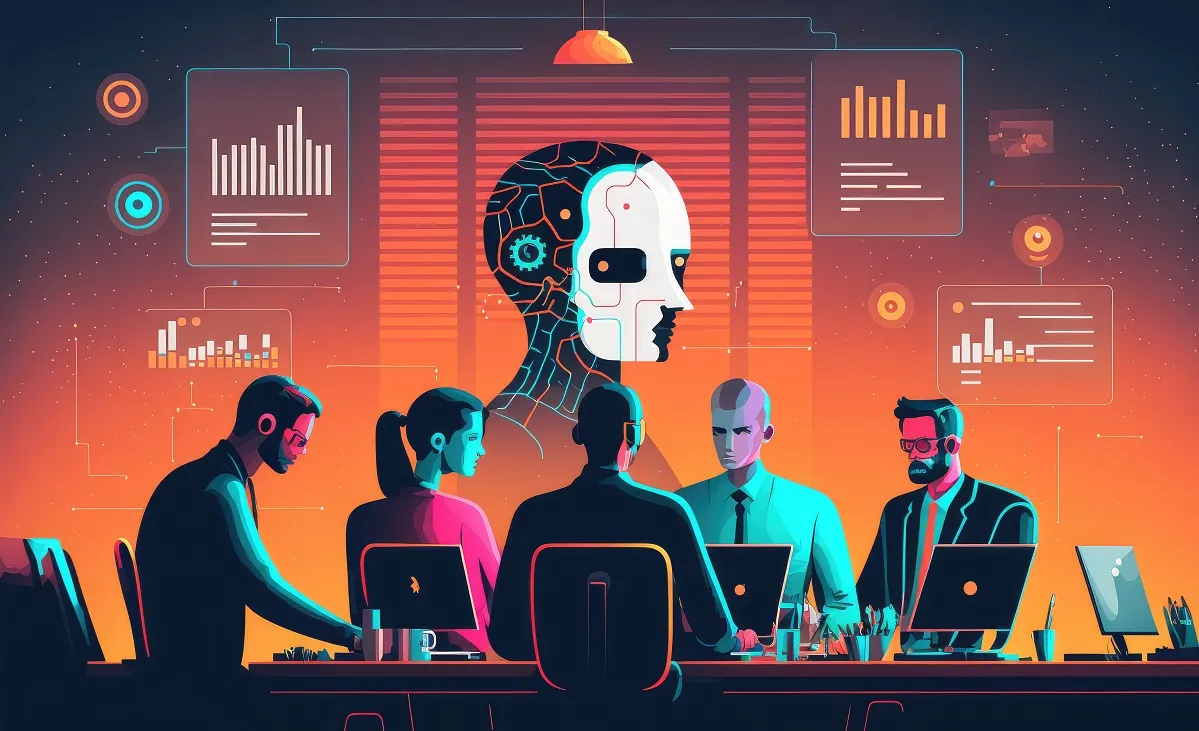
This shift towards AI-powered tools means that a resume no longer needs to be loaded with specific buzzwords from job postings. Instead, AI is able to infer the skills and experience of a candidate even if they haven’t explicitly used the exact terminology. While keywords still matter, AI’s ability to understand context could be a game changer for many applicants.
The Misconception: AI Isn’t Just Tossing Resumes in the Trash
Nathan Soto, a career expert at Resume Genius, clears up a common misconception: “The idea that automated tools just toss away resumes is false. Most HR representatives or hiring managers still look at the resumes.” The reality is that hiring managers are inundated with applications, and AI is there to help sort through them. “The sheer number of applications has been rising,” Soto notes. This is where AI tools step in, providing hiring managers with ranked lists of candidates, making their job a little easier in the process.
While AI isn’t replacing human recruiters, it is offering a much-needed helping hand. According to Soto, it’s essential for job seekers to focus on ensuring that the skills listed on their resume align with the job posting. However, he also advises against using complex visuals like charts or unusual fonts, as “the more boring it looks to the human eye, that’s what the ATS craves.”
The Role of AI in Modern Recruiting Tools
It’s not just about scanning resumes anymore. Recruiting firms are also integrating AI tools to make the hiring process smoother. Companies like Workday and Indeed are rolling out AI-powered tools designed to streamline candidate sourcing. LinkedIn has taken this a step further with its AI-driven Hiring Assistant, a tool that helps recruiters identify top candidates by understanding their needs. Hiring managers can give the assistant specific instructions, such as searching for profiles similar to an existing employee, and the tool will automatically suggest suitable candidates.
One of the key features of the LinkedIn Hiring Assistant is its ability to chat with candidates, even during off hours. Hari Srinivasan, Vice President of Product at LinkedIn, says that this ability to reach candidates outside of regular working hours helps recruiters keep the process moving forward. And in case the conversation needs human intervention, recruiters can jump into the chat at any time.
AI’s Potential and Its Limitations
While AI has the potential to make hiring more efficient, it’s not without its flaws. Research from the University of Washington raised concerns about AI’s tendency to favor resumes with white-associated names over those with Black-associated names. Furthermore, AI systems are still prone to “hallucination”—when they provide false or incorrect information—leading to potential misunderstandings when reviewing resumes.
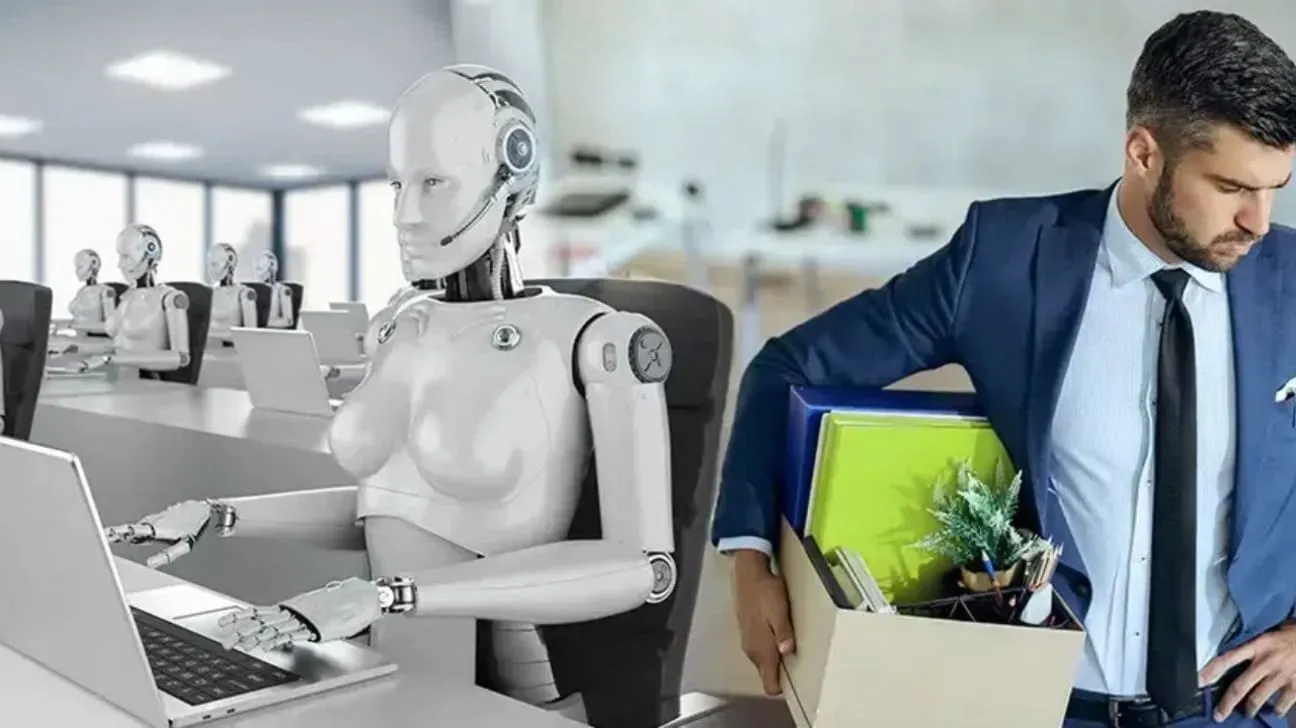
For job seekers, it’s important to understand that while AI may assist in the process, it shouldn’t replace the human element of hiring. Laurano insists, “At the end of the day, a human needs to make the decision.” AI can make the process easier and more efficient, but the final hiring decision should always come from a real person who can evaluate the candidate on a more personal level.
The Future of Job Applications in the Age of AI
The future of job hunting will undoubtedly involve more AI tools, and candidates need to adapt. LinkedIn’s innovations like Job Match, which suggests roles based on a candidate’s experience, or the new tool that allows users to describe their desired job role rather than search by title, are examples of how AI is shaping the future of hiring.
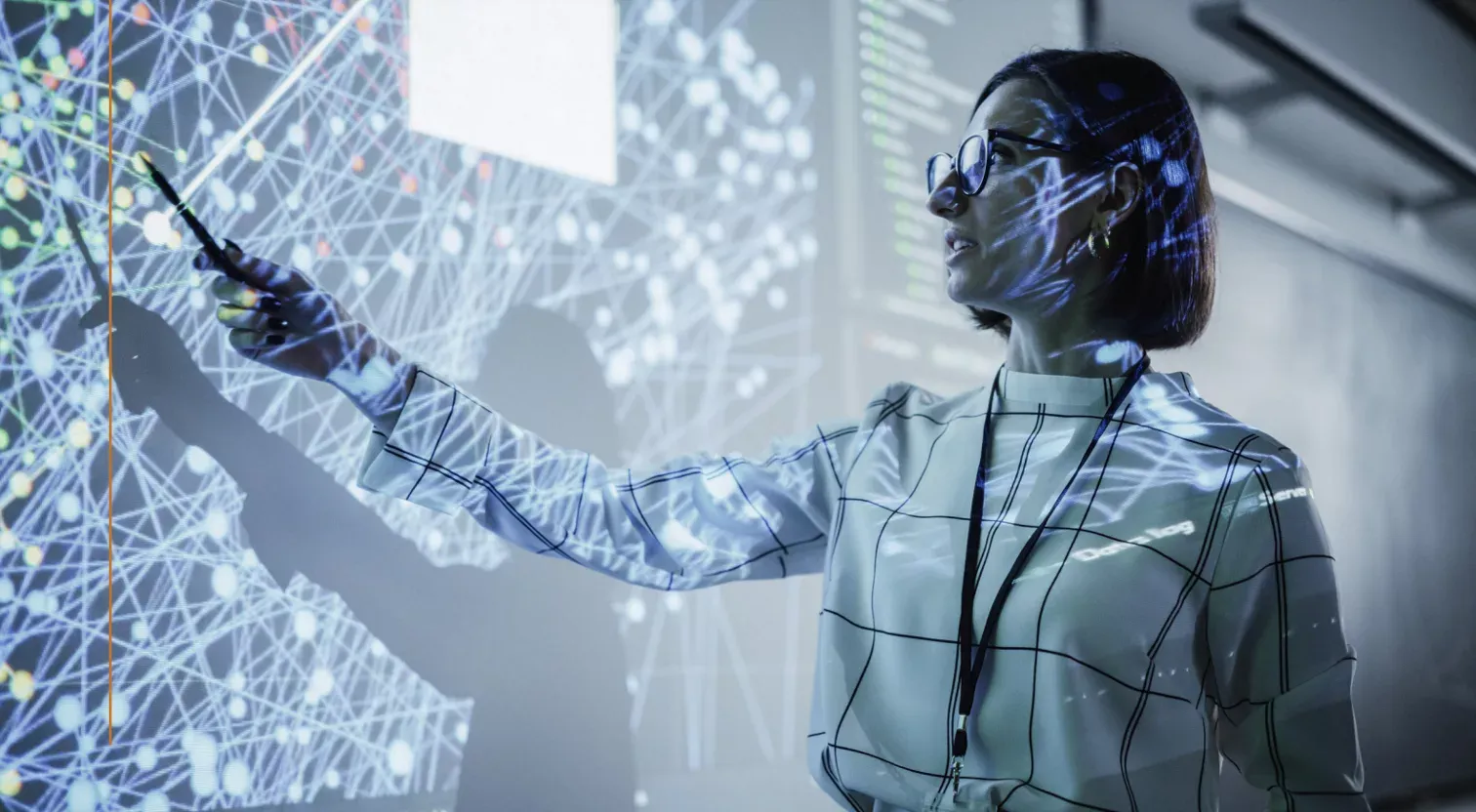
Despite the advances, candidates should remember the basics: align your skills with the job description, keep your resume clean and easy to read, and always be aware of how AI might be interpreting your information. AI may be doing the heavy lifting behind the scenes, but the human touch remains irreplaceable in making hiring decisions.
As AI continues to evolve, so will the job application process. The key for candidates is to stay informed, adapt to new technologies, and leverage AI to enhance their chances—without letting it replace the human connection that’s still vital in securing the perfect job.

